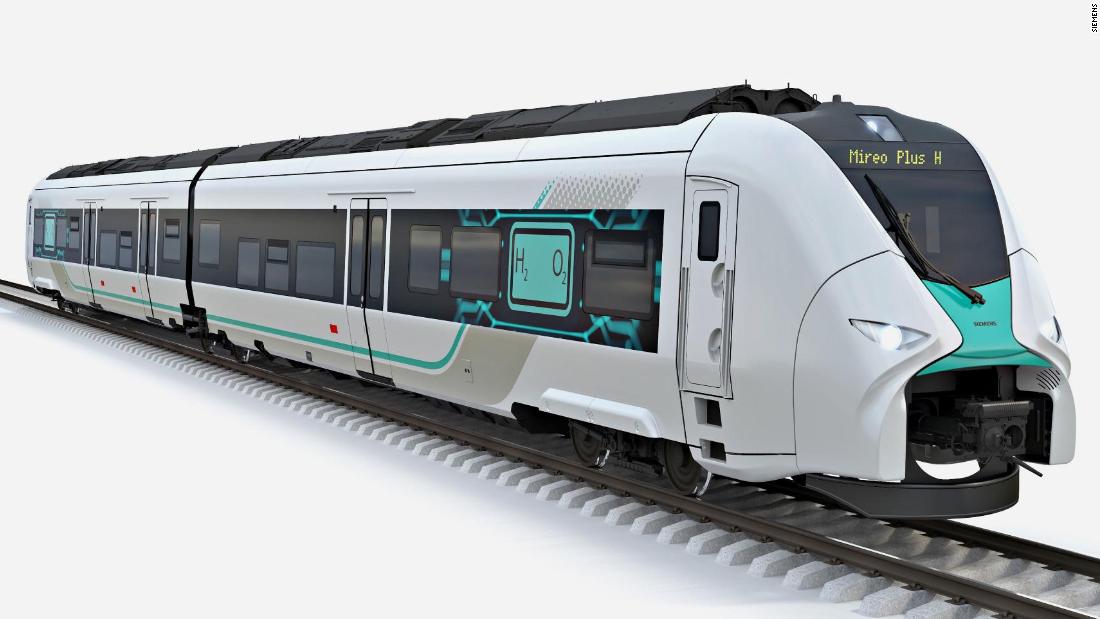MrGoose
Active Member
Hydrogen, hydrail, fuel cell and related discussions should go here.
There has been a new article added on The Pointer:
Last week, councillors greenlit a feasibility study by the City’s transit agency, MiWay, to investigate the possibility of running hydrogen-powered, zero-emission buses. In his report lobbying for the funding, MiWay boss Geoff Marinoff said the City will miss its 2050 climate targets if it keeps buying traditional buses.
I think BEV is going to win out for transit buses. IMO Mississauga should not waste money on hydrogen pilots. Let other Canadian cities do feasibility studies and stick with technology that is already scaling elsewhere (thousands of BEV buses in China).


/cloudfront-us-east-1.images.arcpublishing.com/tgam/2I2DJHTCZBOIPKKILQVWQKUJZY.jpg)





